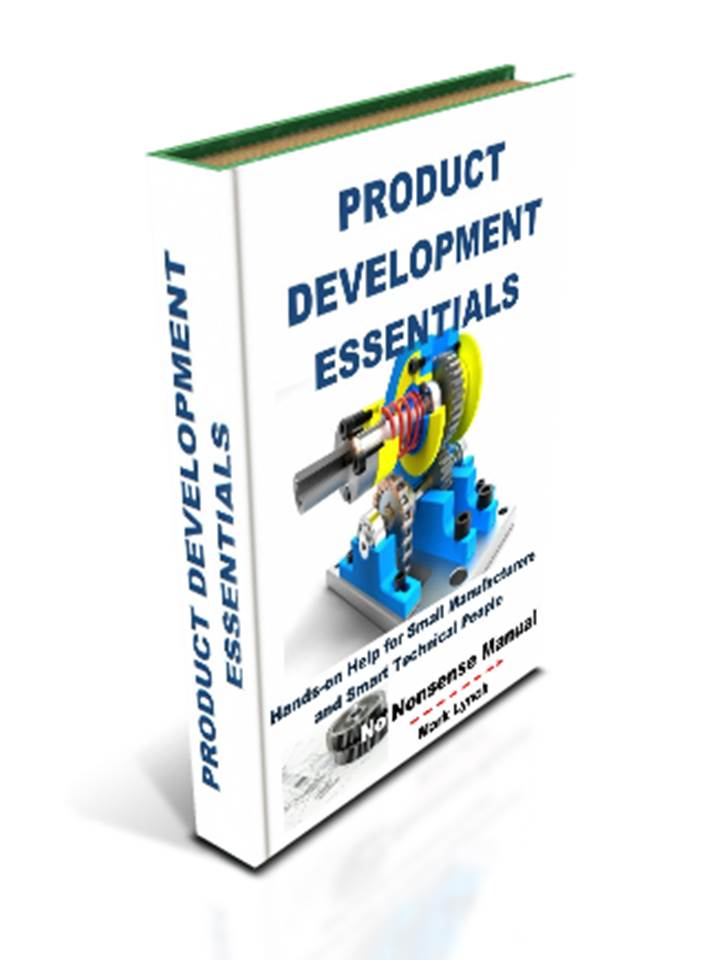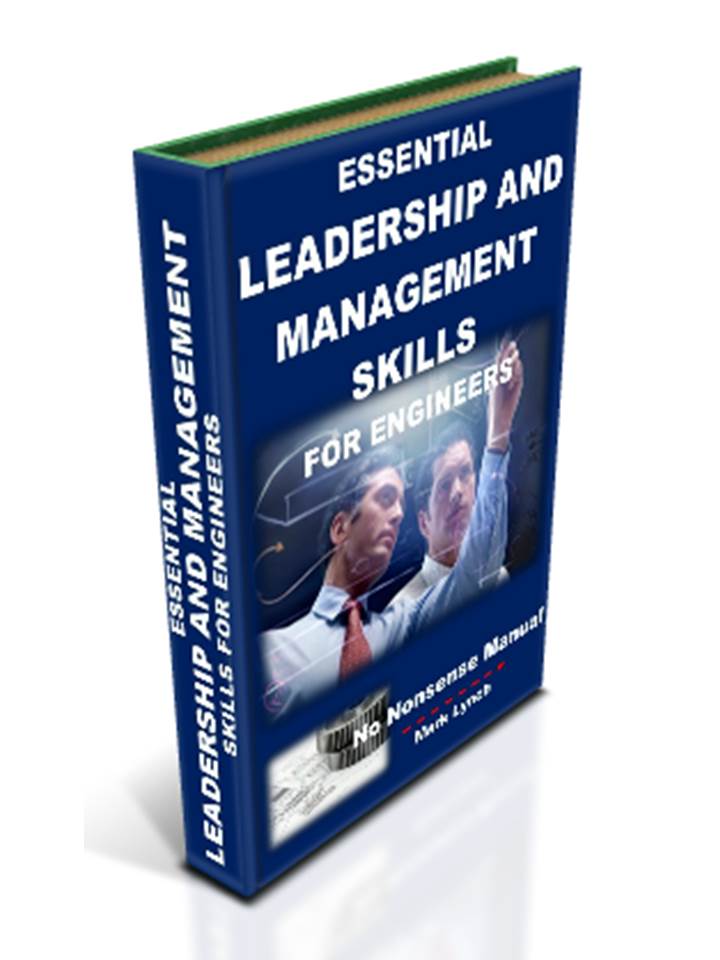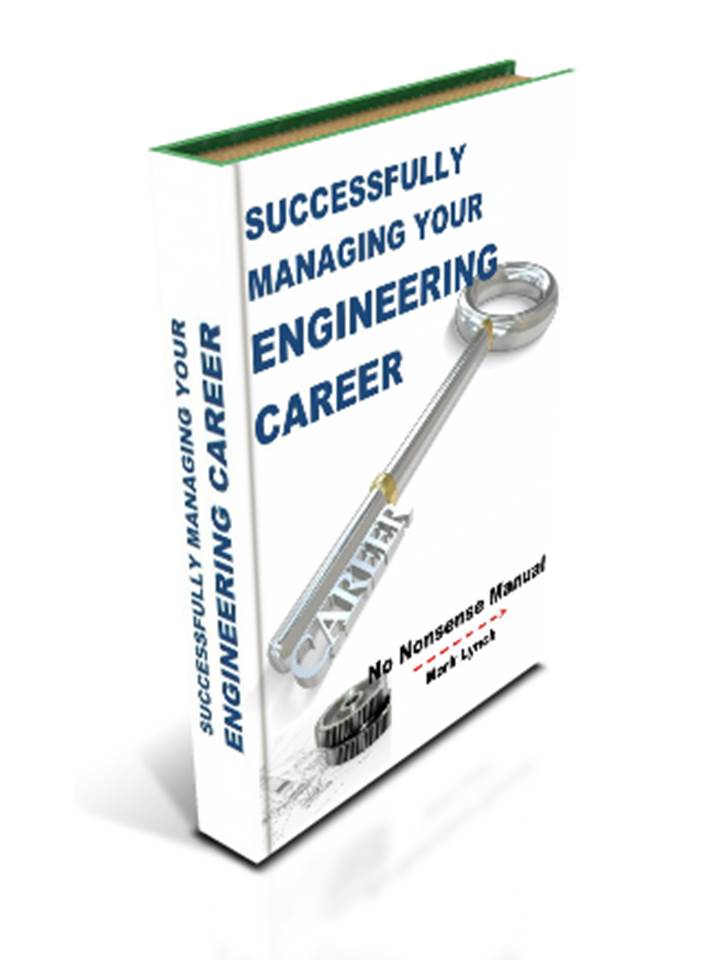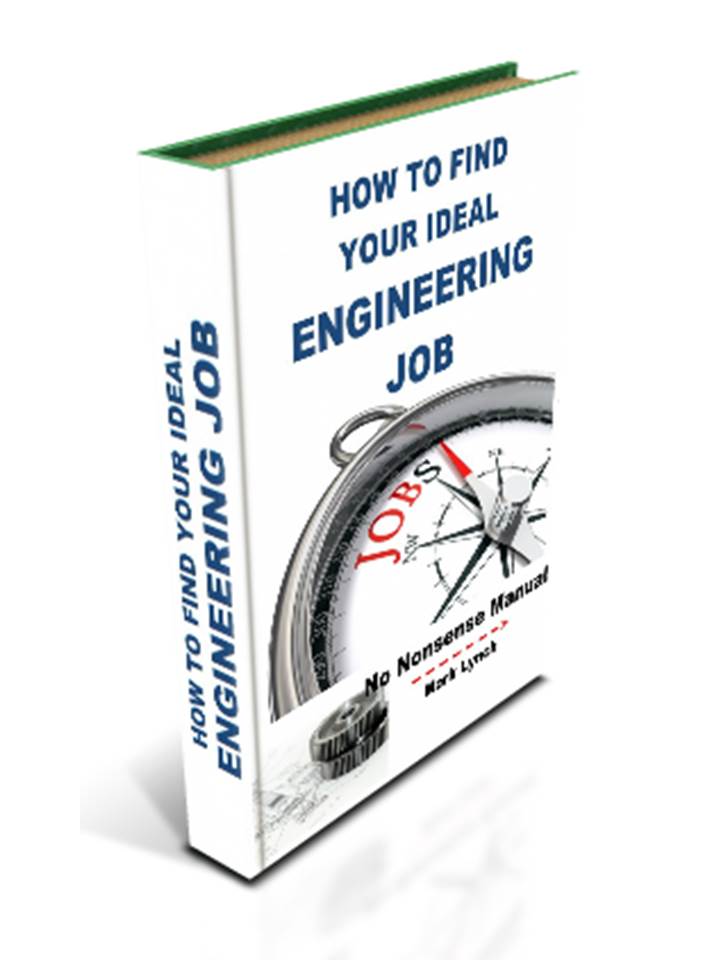'Hands-on Help for SMEs' and Smart Technical People'
Career Setting Goals
and Preparing for the Future
Career Management for Engineers
Career Setting Goals and Objectives
Take some time and think carefully about what you would like to achieve. Consider drafting a 3, 5 and 10 year plan. Include more detail for 3 years, less for 5 years and least for 10 years. Bullet points will do. At this stage it’s about getting some key points down on paper.
- What corporate level are you aiming to achieve for each time period?
- Do you want to start your own business or work as a contractor or consultant?
- What key skills and salary levels are you aiming for?
- What industry sectors do you wish to work in and why?
- What software or systems do you need to familiarise yourself with?
- Have you considered additional qualifications and professional registration?
This should provide you with a basic set of career goals.
Undertake some research to obtain answers. Keep yourself informed and flesh out your plan. Look online (try technical recruitment agencies) at the range and type of jobs that exist in the areas of interest to you. Look at the nature of the roles, the skills and experiences they request. Note the salary levels for technical and managerial roles. Discuss options with experienced colleagues and contacts to see what’s possible and what is likely to best suit you.
Once you have a set of career goals. You will need objectives – stepping stones – to help you achieve your goals. What can you achieve this year? What skills and experiences can you obtain that work towards your wider goals? Aim for these to be transferable, so they increase your general employability. This is a key point of career setting goals.
Looking to your longer term plan, your objectives may be a series of positions, each at a higher corporate level. These objectives may take the form a career path, where your skills, level of responsibility and expertise increase from job to job. It is important to realise this clearly isn’t set in stone. Instead, it serves as a way of focusing your concentration and efforts, so you work constructively towards your career goals, rather than drifting.
When drafting your career setting goals and objectives, stretch yourself. Go for achievements that are naturally challenging. Whereas they need to be achievable, aim for accomplishments that are demanding, whilst giving you real satisfaction. Set objectives that are not in your current comfort zone. The level of urgency and drive will depend on where you are in your career at the moment. However, if you feel you are currently coasting, challenge yourself by increasing your urgency. Again stretch yourself when plotting your career setting goals.
Career Setting Goals...
Preparing for the Future – Industry and Markets
When considering your goals and objectives, have you made allowances for industry trends in the future? Have you an alternative plan if something happened to your current job. Are there different roles you could do in the organisation? What about in the industry? Consider doing a basic SWOT analysis for structured decision making. Your plan doesn’t need to be detailed, but should include some basic decisions. Make sure you stay current with the external business environment. See the Business and Industry section for some great advice.
When considering your future goals, try not to be constrained by your current position or type of role. Instead, attempt to see things from a broader perspective. What are the longer term industry implications? Can you see issues from others’ perspectives, for example the increased emphasis on customer service and mass customisation for a growing number of manufacturing businesses? Broaden your horizon. Think beyond the norm. Take risks, be bold. Read books by successful people. Practice and refine your key skills to be successful. Are you goals ambitious enough?
Think Big - Tips for Stretching, Ambitious Goals
It's common to set achievable, fairly comfortable goals. The problem here is they are unlikely to be radical enough to be career or even life changing. What you should consider is a set of goals with more stretch! To get you in the mood, consider these points...
- Choose something that makes you feel uncomfortable, something that scares you a bit!
- Observe people you most admire. What traits have they got that you would most like to develop?
- If you could magic-away your constraints, what would you most like to achieve?
- What would your ideal role look and feel like?
Use some of the answers to shape your thinking and set stretching goals that'll genuinely be a game-changer for you, as well as give you greater hope, confidence and self-belief as you work towards them.
Goals for those Thinking of Moving On...
If you are actively looking at moving company or changing your position, seek out organisations where you can dynamically develop yourself. For example:
- Are there opportunities to add to your skills and make yourself more employable?
- Is training or professional development explicitly mentioned in the job advert?
- Are the role activities likely to stretch and challenge you?
- Based on your current expertise, are there gaps in the job specification you will need to learn about and so lead to an increase in your skill-set?
- Are your achievements in the new position likely to enhance your CV?
One way of getting a rounded view of opportunities for your goals and objectives is to increase your network of contacts. Colleagues and others in your industry will be able to provide you with valuable insight. Seek out working relationships with people who inspire you and who have complementary skills. They are invaluable, both in terms of ideas and opportunities. Spend time with people you can trust and you get on with. You’ll appreciate their experiences, new ideas and perspectives. See the Networking section for more.
Next... Professional Development in your Current Role
Back to Your Career Management
Based on your experience, what’s the Single Best Piece of Advice you’ve heard for a Great Engineering Career?
Have you had an inspirational coach, mentor or manager? Knowing what you know now, what’s the single most effective piece of advice you’d give to a young engineer coming through now?











